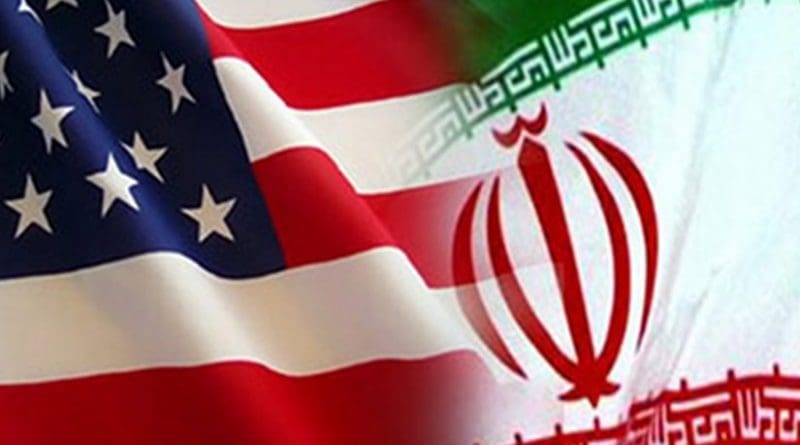What To Expect From US-Iranian Relations – OpEd
By Arab News
By Dr. Majid Rafizadeh*
Predicting the direction that US-Iranian relations will take should be anchored in analyzing four major factors. The first is linked to the nuclear deal, known as the Joint Comprehensive Plan of Action (JCPOA). The second is Iran’s regional policies. The third is the White House’s policy toward Iran and Tehran’s toward the US. The fourth is the stance of the US Congress toward Iran.
It is possible that the Trump administration will pull out of the nuclear deal if the other signatories decline to hold Tehran accountable for its violations and strengthen the terms of the JCPOA.
The Trump administration has explained how Tehran is committing “multiple violations” of the deal, such as twice exceeding the amount of heavy water (used in nuclear reactors) that it is allowed to have, refusing to permit international inspectors to check military facilities, and trying to illicitly obtain nuclear technology, according to intelligence reports.
US abandonment of the JCPOA does not void all the sanctions relief that Iran is receiving as long as other signatories remain in the deal. Tehran will not walk away because it is a major beneficiary, gaining billions of dollars in revenue due to the lifting of four rounds of UN economic sanctions.
The deal also grants Tehran global legitimacy and potential trade agreements with European countries, which are pressuring the West to turn a blind eye to Tehran’s interventionist regional policies and human rights abuses. Iran’s regional policies will most likely remain hostile to the national security interests of the US and its allies.
Iran’s military budget has increased drastically, allowing the Islamic Revolutionary Guard Corps (IRGC) and the Quds Force to further strengthen their regional stranglehold and to fund, arm and train militias, proxies and terrorist groups. The Trump administration will likely try to counter Iran’s interventionist policies via soft and hard power. It has bipartisan support from Congress when it comes to confronting Tehran and its militias.
This will likely usher in new rounds of sanctions, the most significant of which could be penalizing non-American firms that conduct business with Iran. To counter Tehran successfully, the Trump administration should lead a coalition of Arab states and try to persuade European allies to join it.
US-Iranian relations seem set on a path of escalating tensions. But Tehran will continue to harm US national interests covertly and indirectly, rather than via direct warfare that the ruling mullahs know they would lose badly, endangering their hold on power, particularly considering the widespread domestic discontent they face.
• Dr. Majid Rafizadeh is a Harvard-educated Iranian-American political scientist. He is a leading expert on Iran and US foreign policy, a businessman and president of the International American Council. He serves on the boards of the Harvard International Review, the Harvard International Relations Council and the US-Middle East Chamber for Commerce and Business. Twitter: @Dr_Rafizadeh

